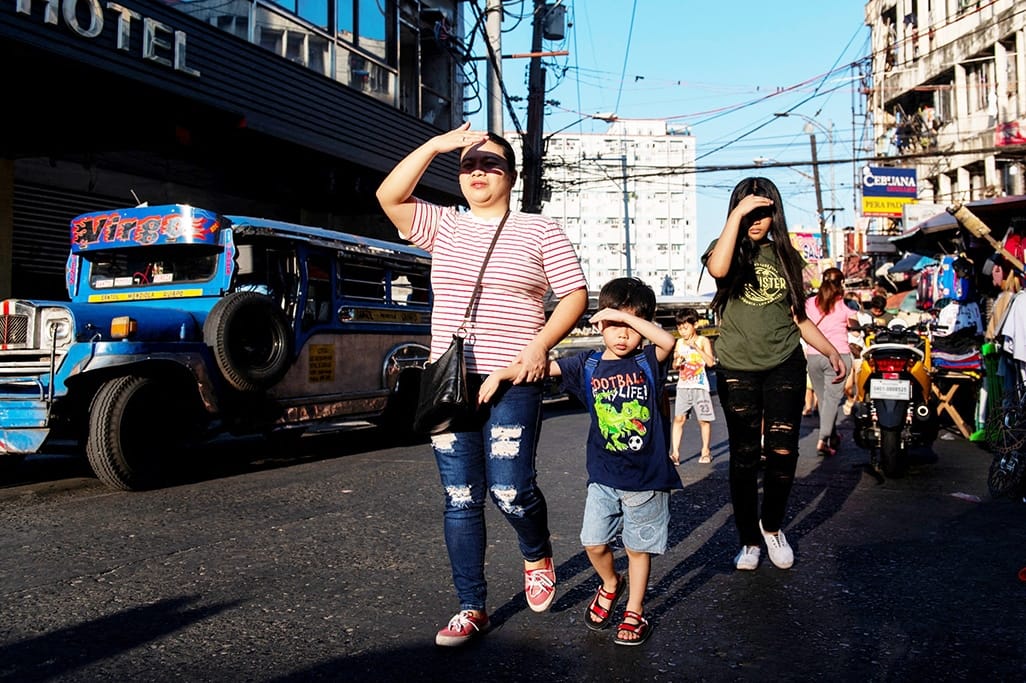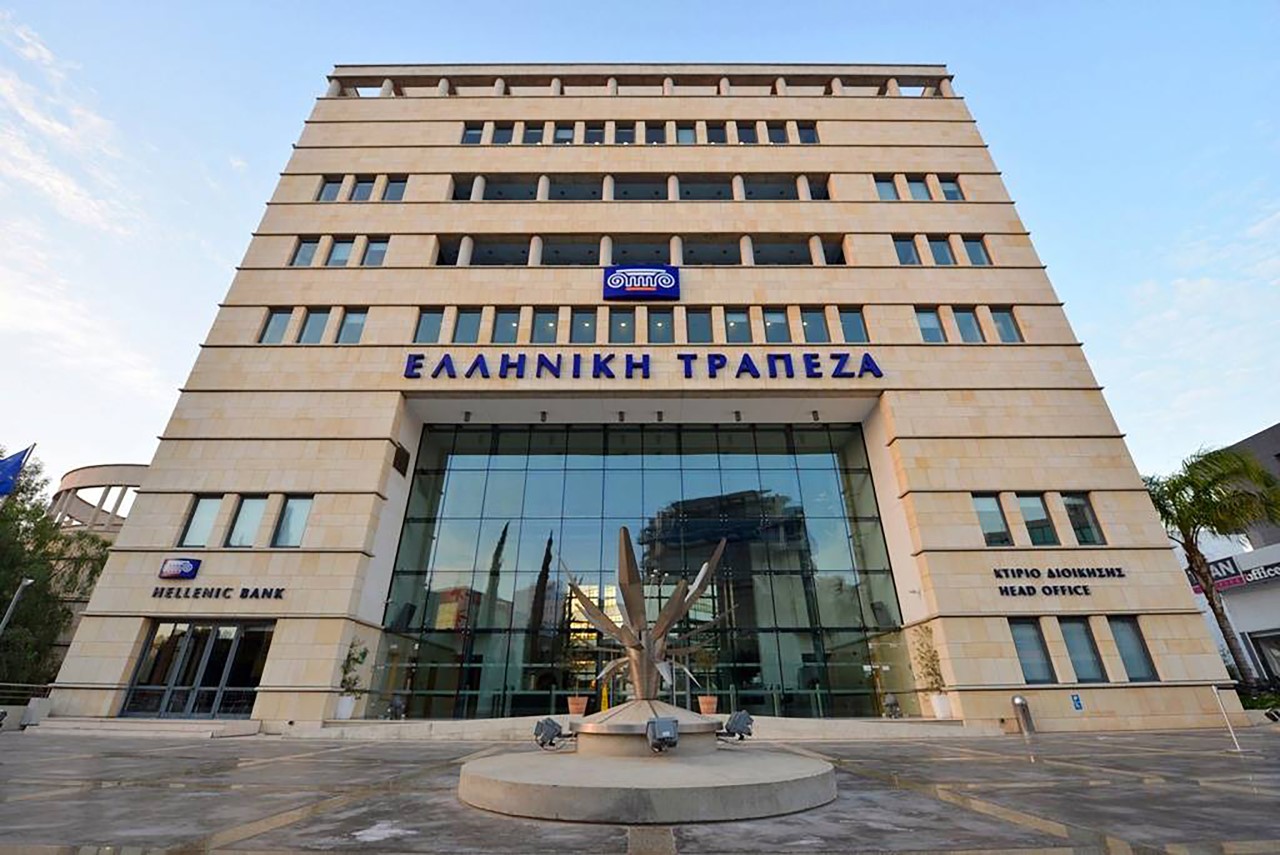Philippines Schools Grapple with Record Heat and Educational Inequalities
The onset of record heat in the Philippines has prompted a significant shift in the educational landscape, as thousands of schools transition back to online learning. The sweltering conditions, reminiscent of the pandemic-induced lockdowns, are feared to exacerbate educational inequalities in a region already struggling with the digital divide.
Over 7,000 public schools have been affected, with the extreme temperatures attributed to the El Niño phenomenon. Teachers like Erlinda Alfonso from Quezon City face a dilemma: the oppressive heat in classrooms or the challenges of remote learning for students without internet access. Alfonso, who also leads the city’s teacher association, notes the difficulty for students who cannot seek immediate help with their studies at home.
The Philippines’ extended school closures during the Covid-19 pandemic shed light on the stark disparities faced by underprivileged students. Now, as heatwaves persist, poorly equipped schools make online classes a necessity, despite the inherent challenges.
A survey by the Alliance of Concerned Teachers of the Philippines – National Capital Region (ACT-NCR) revealed that a staggering 87% of students suffered heat-related issues, with teachers finding the heat “unbearable.” Classroom conditions are dire, with many having insufficient ventilation to combat the rising temperatures.
Ruby Bernardo, ACT-NCR spokesperson, emphasized the severe impacts on both students and teachers, with instances of children collapsing from the heat. As climate change intensifies heatwaves, these issues are expected to worsen, affecting millions of children across Asia and the Pacific, according to UNICEF.
Teachers are advocating for better measures to cope with extreme heat in schools, including addressing overcrowding and ensuring access to drinking water and medical staff. The Alliance of Concerned Teachers has urged the Department of Education to consider these proposals and to revert to a school calendar that avoids the hottest months.
The Department of Education maintains that allowing head teachers to determine class formats is an effective response to heat conditions. However, educators like Bernardo argue for more comprehensive climate change education in classrooms, linking it to broader educational system challenges.
For teachers enduring harsh conditions with inadequate cooling facilities, such as Alfonso, the situation has become untenable. The relentless heat not only disrupts education but also weighs heavily on the morale and well-being of educators.






